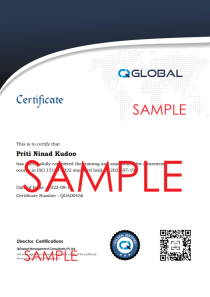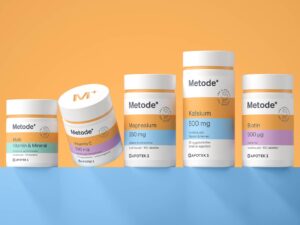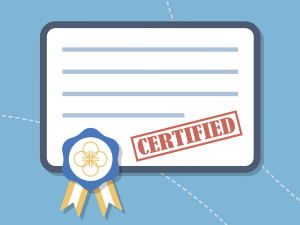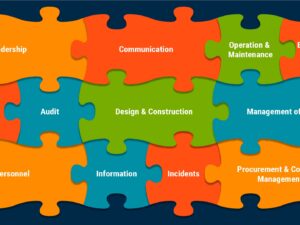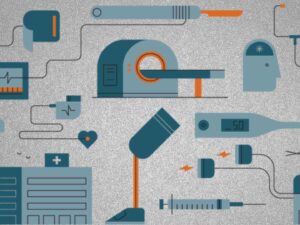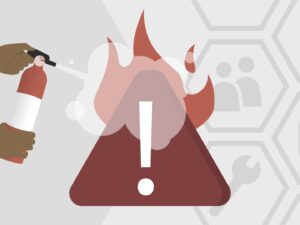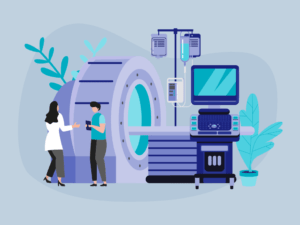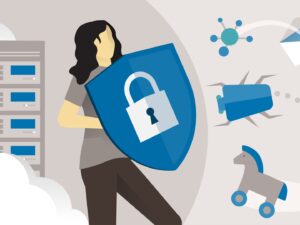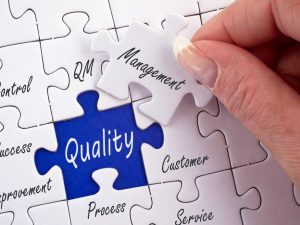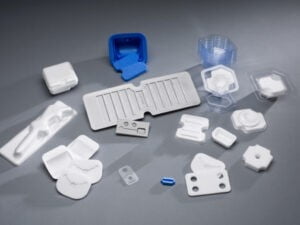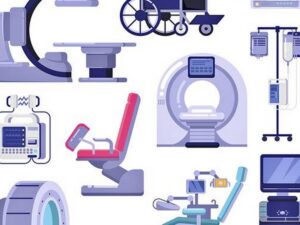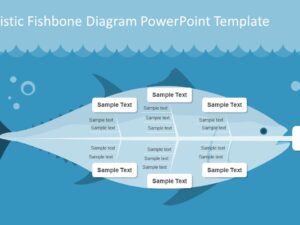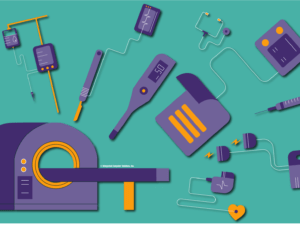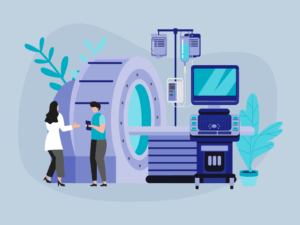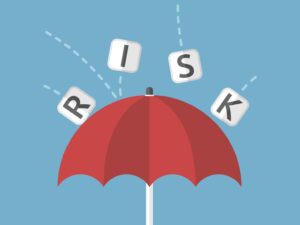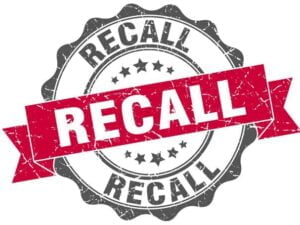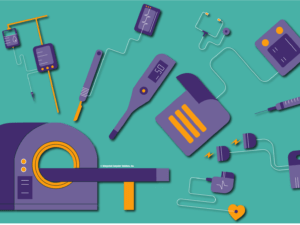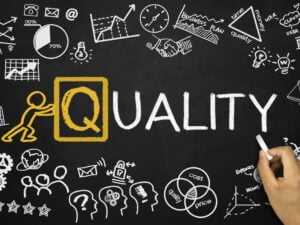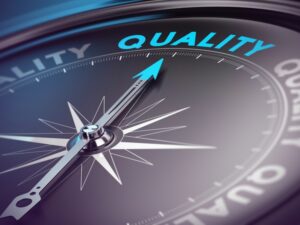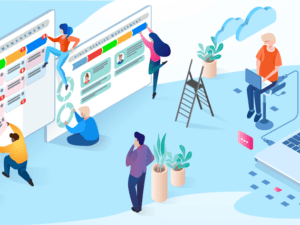ISO 13485 2016 Medical devices — Quality management systems — Requirements for regulatory purposes - Lead Auditor Course
- Description
- Curriculum

Safety and quality are non-negotiables in the medical devices industry. Regulatory requirements are increasingly stringent throughout every step of a product’s life cycle, including service and delivery. Increasingly, organizations in the industry are expected to demonstrate their quality management processes and ensure best practice in everything they do. ISO 13485, Medical devices – Quality management systems – Requirements for regulatory purposes, is an internationally agreed standard that sets out the requirements for a quality management system specific to the medical devices industry. ISO 13485 is designed to be used by organizations involved in the design, production, installation and servicing of medical devices and related services. It can also be used by internal and external parties, such as certification bodies, to help them with their auditing processes ISO 13485 2016 lead auditor training course will help you learn how to initiate an audit, prepare and conduct audit activities, compile and distribute audit reports and complete follow-up activities. On successful completion of this course, you will be able to optimize your auditing skills with the internationally recognized ISO 13485 2016 standard and boost your audit capabilities. Also gain confidence in planning and performing an effective audit, as well as reporting and taking corrective action where necessary. ISO 13485 2016 lead auditor course develops the necessary skills to assess and report on the conformance and implementation of processes based on ISO 13485 2016.
Who Should Attend?
- Anyone involved in the planning, implementing, maintaining, supervising or auditing of an ISO 13485 2016 quality management system
- Existing internal auditors
- Employees of any organisation who wish to audit their organisation’s quality management system
- Trainers, managers or consultants seeking to master a quality management system audit process
- Personnel who wish to pursue career in ISO 13485 2016 management system auditing
- Expert advisors in quality management
Key Benefits
- Develop the career as an ISO 13485 2016 quality management system lead auditor
- Gain the skills to plan, conduct, report and follow up first, second and third party audits in accordance with ISO 19011
- Learn skills to lead an audit team
- Identify the aims and benefits of an ISO 13485 2016 audit
- Interpret ISO 13485 2016 requirements for audit application
- Grasp the application of risk-based thinking, leadership and process management
- Acknowledge the correlation between ISO 13485 2016 and other standards and regulatory frameworks
- Learn the latest ISO 13485 2016 lead auditor techniques
- Consolidate your expertise with the latest developments and contribute to the continuous improvement of the business
Learning & Evaluation Method
This is a live and interactive course. Once you purchase the course, our team will contact you to plan the training. No matter where you are located, we schedule the classes based on your convenience and time zone. You can plan to attend the training in sessions of 4 or 8 hr duration, based on how much time you can spend in a day.
Certification
There are increasing numbers of organizations, who prefer candidates those who have certain certifications from recognized programs. Certification demonstrates your commitment to superior professionalism, upholding industry standards, and continued learning. These merits can help boost your professional credibility and prestige within your own network, in your organisation, with your current clients, and when pursuing new business opportunities. After the successful completion of the course and final exam, you will be awarded with a certificate of completion issued by QGlobal. Your credentials will be made available in the global online directory and can be verified by anyone searching with the certificate number. Without doubt we can say that our training courses are well recognized and sought after by organizations across various geographies.
Buy for group Are you planning to buy this course for a group? We have the best prices for you! Select ‘Buy for Group’ option and add to the cart. You will get a discount of 60 – 75% for a group of up to 10 participants. To make a group purchase, create your group name and add individual emails of up to 10 participants. Each participant will get the access to the course materials, exam and the certificate. We will arrange one live-online session for the entire group.
Total: 205 Courses View all
Total: 205 Courses View all
-
1Introduction to standards and certification
- Purpose of standardization
- Benefits of certification
-
2Introduction to ISO 13485 2016 standards
- Scope of ISO 13485 standard
- Key benefits of ISO 13485 standard
- Clauses in ISO 13485 standard
- PDCA cycle
- Process approach
- Risk based thinking
- ISO 13485 certification
-
3ISO 13485 Quality management system
- General requirements
- Documentation requirements
- Quality manual
- Medical device file
- Control of documents
- Control of records
-
4ISO 13485 Management responsibility
- Management commitment
- Customer focus
- Quality Policy
- Planning
- Quality objectives
- Quality management system planning
- Responsibility, authority and communication
- Responsibility and authority
- Management representative
- Internal communication
- Management review
- General
- Review input
- Review output
-
5ISO 13485 Resource management
- Provision of resources
- Human resources
- Infrastructure
- Work environment and contamination control
-
6ISO 13485 Product realization
- Planning of product realization
- Customer-related processes
- Determination of requirements related to product
- Review of requirements related to product
- Communication
- Design and development
- Design and development planning
- Design and development inputs
- Design and development review
- Design and development verification
- Design and development validation
- Design and development transfer
- Control of design and development changes
- Design and development files
- Purchasing
- Purchasing process
- Purchasing information
- Verification of purchased product
- Production and service provision
- Control of production and service provision
- Cleanliness of product
- Installation activities
- Servicing activities
- Particular requirements for sterile medical devices
- Validation of processes for production and service provision
- Particular requirements for validation of processes for sterilization and sterile barrier systems
- Identification
- Traceability
- Customer property
- Preservation of product
- Control of monitoring and measuring equipment
-
7ISO 13485 Measurement, analysis and improvement
- General
- Monitoring and measurement
- Feedback
- Complaint handling
- Reporting to regulatory authorities
- Internal audit
- Monitoring and measurement of processes
- Monitoring and measurement of product
- Control of nonconforming product
- Actions in response to nonconforming product detected before delivery
- Actions in response to nonconforming product detected after delivery
- Rework
- Analysis of data
- Improvement
- General
- Corrective action
- Preventive action
-
8LI 01 Building the team
-
9LI 02 Conducting gap analysis
-
10LI 03 Preparing implementation plan
-
11LI 04 Creating awareness
-
12LI 05 Conducting training
-
13LI 06 Procuring documents
-
14LI 07 Creating management system manual
-
15LI 08 Creating policies and procedures
-
16LI 09 Creating forms and templates
-
17LI 10 Planning for certification
-
18LI 11 Implementation methodology
- Building the culture
- Plan-Do-Check-Act
-
19LI 12 Role of leadership in implementing the management system
- Leadership concepts
- Role of leaders in implementing the management system
- 12 Characteristics of team leaders and managers
-
20LI 13 Employee motivation and involvement
- Employee wants
- Achieving a motivated workforce
-
21LI 14 Obstacles in implementing the management system
- Inability to manage the change
- No planned review of the system
- Inadequate planning
- Not aligning the goals and matrices
- Poor commitment from top management
- Differences between departments and individuals
- Lack of awareness and not providing continuous training
- Poor documentation
- Inadequate monitoring, measuring and analysis of data and results
- Not paying attention to internal and external customers
- Failure to continually improve
- Failure to motivate and empower employees
-
22Introduction to ISO 19011 2018 Guidelines for auditing management systems
- Scope
- Normative references
- Terms and definitions
-
23Conducting ISO 13485 2016 standards audit
-
24ISO 19011 Principles of auditing
-
25ISO 19011 Managing an audit program
- Establishing audit programme objectives
- Determining and evaluating audit programme risks and opportunities
- Establishing the audit programme
- Roles and responsibilities of the individual(s) managing the audit programme
- Competence of individual(s) managing audit programme
- Establishing extent of audit programme
- Determining audit programme resources
- Implementing audit programme
- Defining the objectives, scope and criteria for an individual audit
- Selecting and determining audit methods
- Selecting audit team members
- Assigning responsibility for an individual audit to the audit team leader
- Managing audit programme results
- Managing and maintaining audit programme records
- Monitoring audit programme
- Reviewing and improving audit programme
-
26ISO 19011 Conducting an audit
- Initiating audit
- Establishing contact with auditee
- Determining feasibility of audit
- Preparing audit activities
- Performing review of documented information
- Audit planning
- Assigning work to audit team
- Preparing documented information for audit
- Conducting audit activities
- Assigning roles and responsibilities of guides and observers
- Conducting opening meeting
- Communicating during audit
- Audit information availability and access
- Reviewing documented information while conducting audit
- Collecting and verifying information
- Generating audit findings
- Determining audit conclusions
- Conducting closing meeting
- Preparing and distributing audit report
- Preparing audit report
- Distributing audit report
- Completing audit
- Conducting audit follow-up
-
27ISO 19011 Competence and evaluation of auditors
- Determining auditor competence
- Personal behavior
- Knowledge and skills
- Achieving auditor competence
- Achieving audit team leader competence
- Establishing auditor evaluation criteria
- Selecting appropriate auditor evaluation method
- Conducting auditor evaluation
- Maintaining and improving auditor competence

